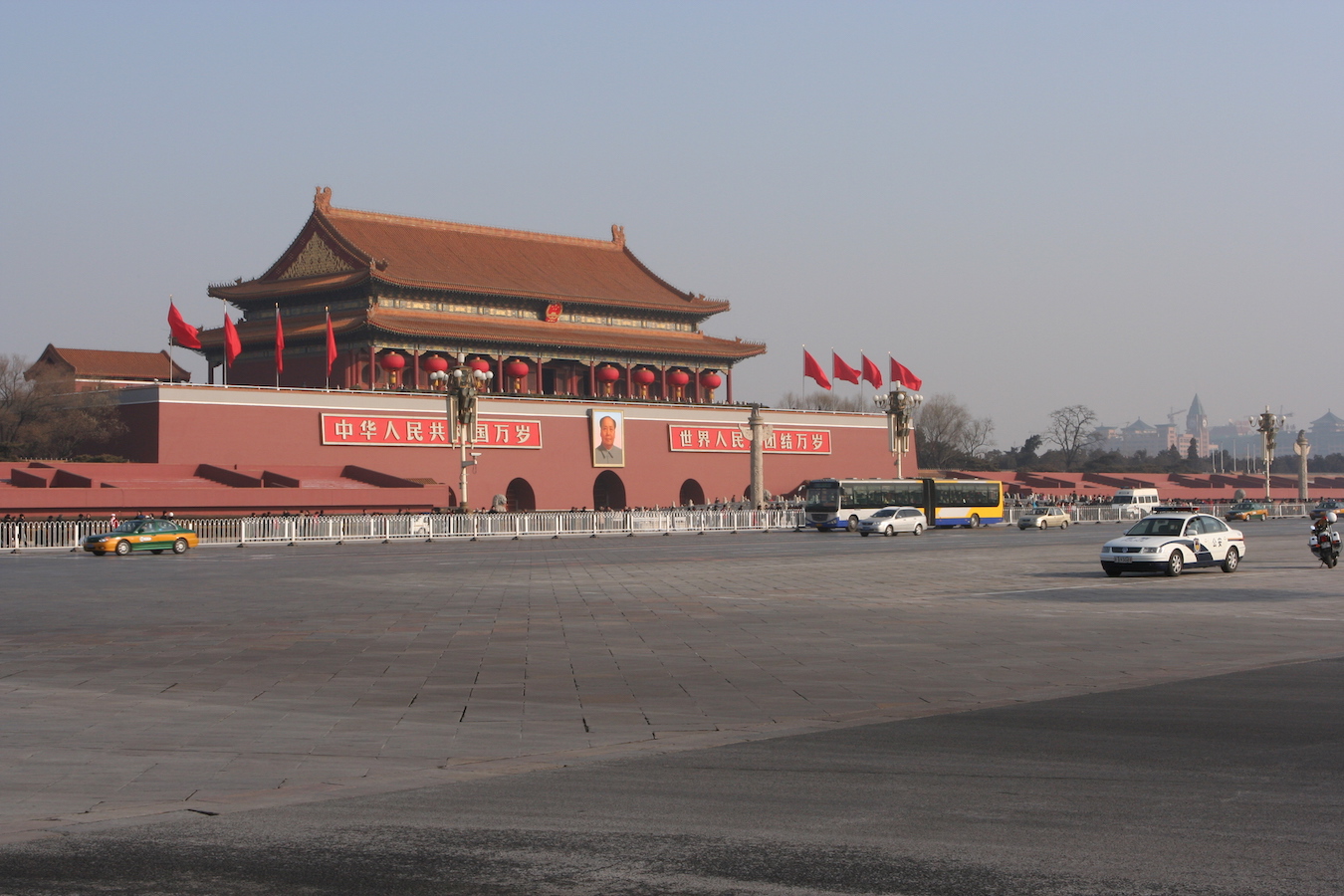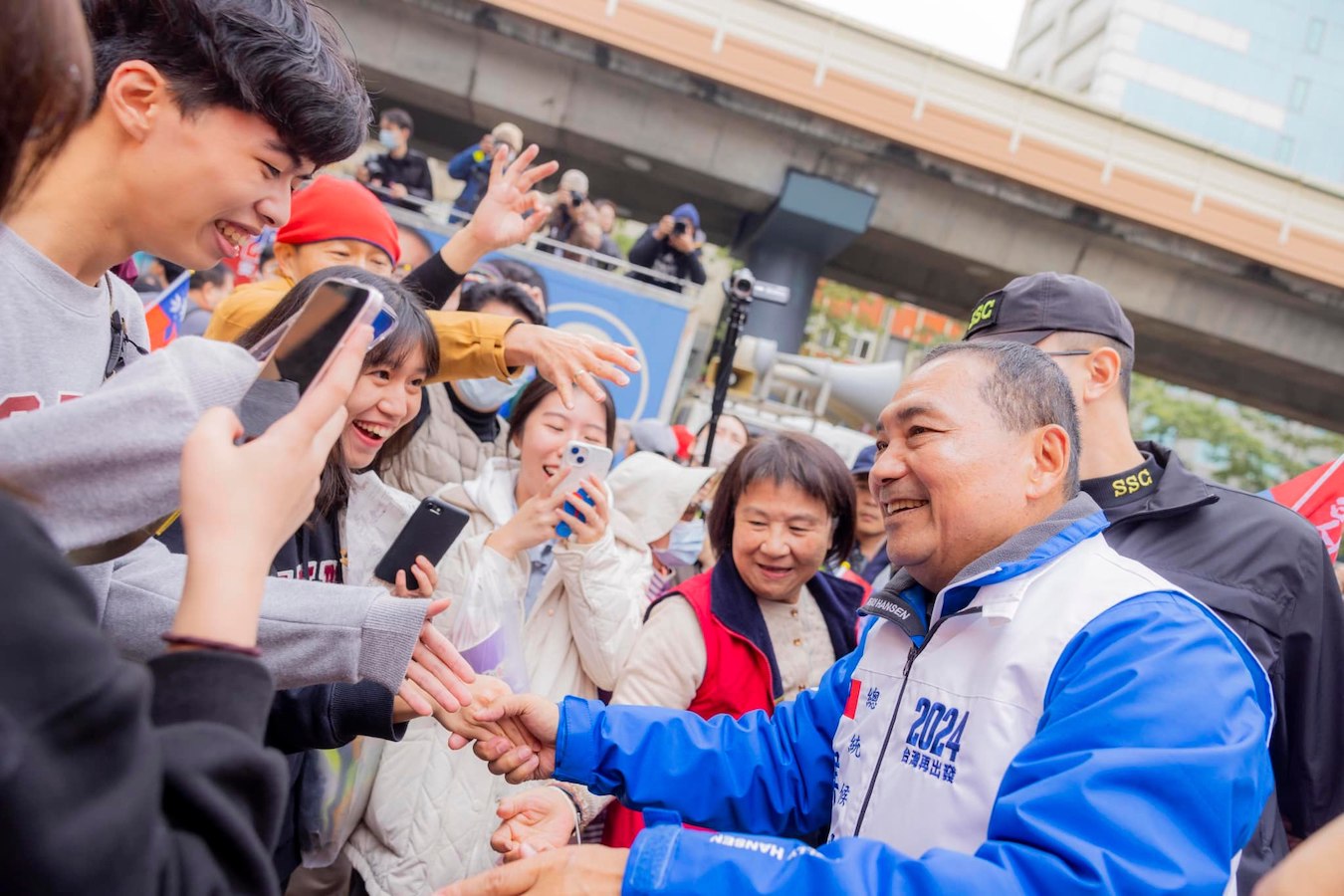by Brian Hioe
語言:
English
Photo Credit: Hou You-yi/Facebook
THE CHINESE GOVERNMENT is reportedly planning on ending more preferential tariffs for some Taiwanese goods ahead of the elections.
In particular, China claims that Taiwan is violating the terms of the Economic Cooperation Framework Agreement (ECFA) inked between Taiwan and China under the Ma administration by banning some Chinese goods. As such, the Chinese government currently has a trade probe ongoing into Taiwan’s supposed violations of ECFA. It is expected the steel and petrochemical industries will be most heavily affected if ECFA ends.
The Taiwanese government, however, has accused this trade probe of being politically motivated. After all, the trade probe was originally announced on April 12th, 2023 and was supposed to go until October 12th, 2023. But in October, the Chinese government announced that the trade probe would be extended until January 12th, 2024–one day before the elections.
 Photo credit: LuxTonnerre/WikiCommons/CC BY 2.0
Photo credit: LuxTonnerre/WikiCommons/CC BY 2.0
Last month, the Chinese government announced that preferential tariffs for twelve chemical compounds would be suspended. In the same timeframe, the Chinese government announced that its ban on grouper imports from Taiwan, which had been in place since 2022, would be lifted.
The Chinese government may have aimed to convey mixed signals in this way, conveying restraint and moderation through the lifting of the grouper ban, while also conveying continued economic threats through the end of preferential tariffs on the chemical compounds. It may have hoped that news of the grouper ban being lifted would have covered over news of the end of the preferential tariffs, which would be a move directed more at industry actors and less at the general public. This would be a carrot-and-stick approach.
For its part, the KMT has used the threat of the Chinese government ending ECFA for political ammunition in the election. This is used to frame the DPP as provoking China into actions against Taiwan, through its obstinate stance on cross-strait relations. At other points, the suggestion is that DPP politicians are hypocritical in still conducting business with China, but being politically suspicious of its intentions. At the same time, the KMT is also calling for the revival of talks over the Cross-Strait Services Trade Agreement, the controversial trade agreement that would have allowed for Chinese investment in Taiwan’s service sector industry provoked the 2014 Sunflower Movement.
It is unclear whether the KMT’s electoral stratagem of calling for a return to Ma administration era policies of economic engagement will be successful. The KMT seems to lack other strategies at present about how to appeal to voters, even if the Ma administration provoked massive blowback against itself at the time. One notes that compared to 2014, the KMT’s position is more tenuous, and a great deal of international trends are directed at decoupling from China. Investment to Southeast Asia and other regional countries now surpass that of China.
 KMT presidential candidate Hou You-yi (right). Photo credit: Hou You-yi/Facebook
KMT presidential candidate Hou You-yi (right). Photo credit: Hou You-yi/Facebook
The Tsai administration has stated that measures will be planned to deal with the end of ECFA preferential tariffs, though it does not hope to end ECFA unilaterally. This continues the pattern of the onus being on the Tsai administration to provide measures to relieve industry in the event of Chinese actions aimed at economically pressuring Taiwan. This includes the many bans on Taiwanese products that China has announced in the past, ranging from pineapple to sugar apple, custard apple, grouper, as well as Taiwanese alcohol, beverages, and snacks.
There have been some criticisms of this pattern from industry experts, in that the onus is on the government to bail out industry when industry chooses to invest in a politically risky market such as China. Otherwise, DPP political administrations have sought to ramp up national pride in calling on the general public to purchase banned products from China, such as calling for support of “freedom pineapple”. Nevertheless, the Tsai administration or any future DPP-led administration likely hopes to avoid the perception that industry suffers significant impact because of any actions by the DPP that lead to blowback from China, so as to maintain the support of industry.
Still, it is also possible that China in fact undercuts itself, in removing one of the ways that it could seek to politically influence Taiwan by cutting off trade. China may also accelerate the trend of decoupling from the Chinese market, with the view that those who invest in China could face arbitrary targeting, and that it is dangerous in this way.

